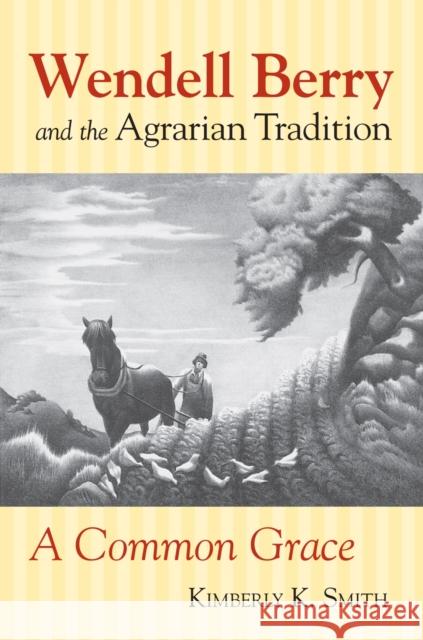Wendell Berry and the Agrarian Tradition: Wendell Berry and the Agrarian Tradition » książka
topmenu
Wendell Berry and the Agrarian Tradition: Wendell Berry and the Agrarian Tradition
ISBN-13: 9780700619696 / Angielski / Miękka / 2014 / 280 str.
Farmer and conservationist Wendell Berry has published more than thirty books, making his name a household word among environmentalists. From his Kentucky farm, Berry preaches and practices stewardship of the land as he seeks to defend the value and traditions of farm life in an industrial capitalist society.
A central figure in the greening of American agrarianism, Berry has been an advocate of small farming and traditional values who has tirelessly reminded readers that sustainable agriculture is more than a catchphrase. Kimberly Smith now reveals the depth of his ideas and their relevance for American social and political theory. Berry's central teaching focuses on the fragility of our natural and social worlds; Smith's timely book revisits the problem of living a meaningful life in a world filled with both deadly perils and unimagined possibilities. Hers is the first book to explore the implications of this central tenet and other key aspects of Berry's thought, as well as his overall contribution to environmental theory and politics. Smith shows how the many strands of Berry's thought can be woven together into a coherent agrarian philosophy. Focusing on his relationship to the American agrarian and environmental traditions, she examines how Berry's ecological agrarianism derives from the concept of "grace," or living in concert with nature and society. Along the way, she defends his social theory against accusations of utopianism, shows how his moral theory subverts the notion of rugged individualism usually associated with farming, and reviews his political theory's argument for decentralized democracy. By assessing Berry's reformulation of democratic agrarianism, Smith goes beyond any previous critiques of his writing, and her exploration of Berry's moral vision shows that such vision is more relevant as America continues to move further away from its agrarian past.










